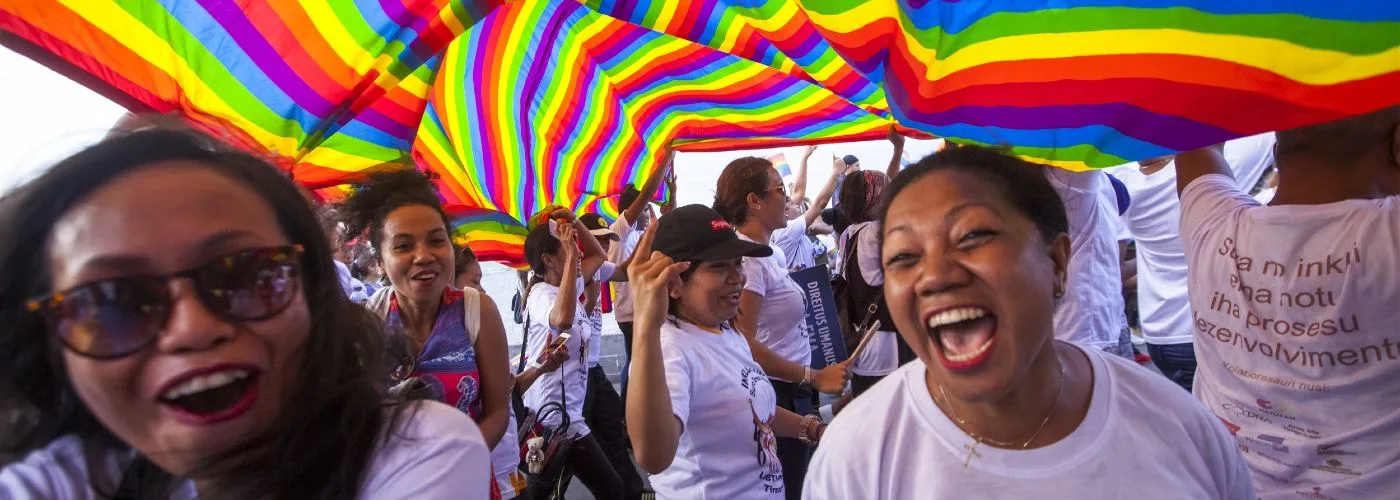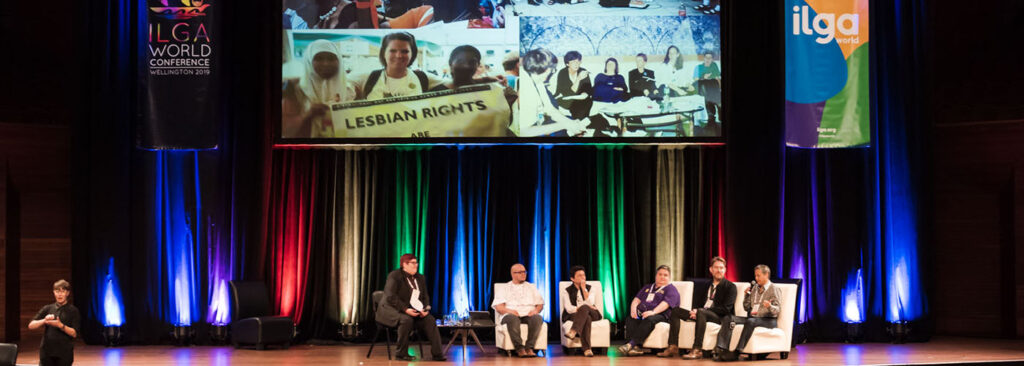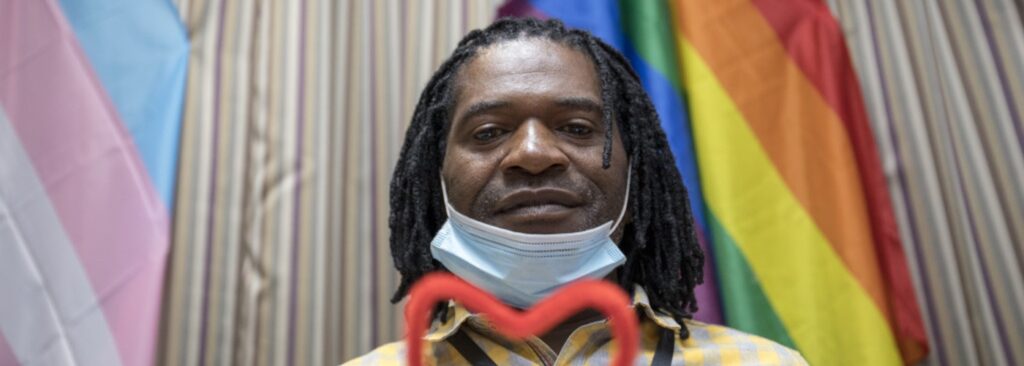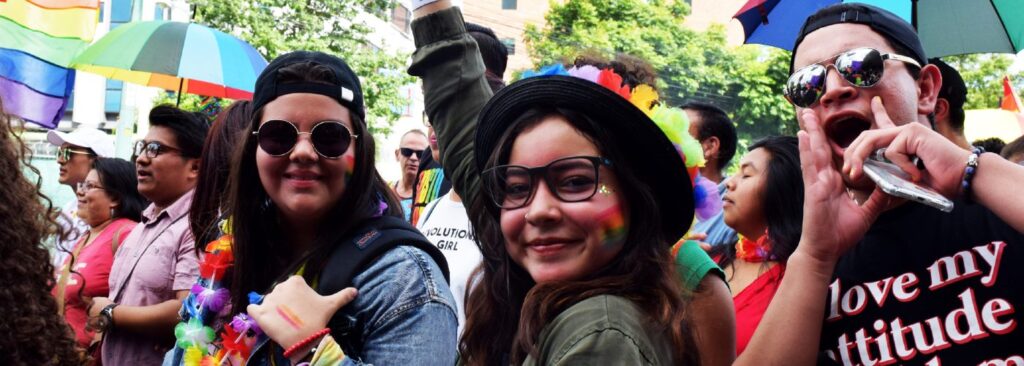Unlocking economic empowerment for LGBTIQ+ communities: Overcoming barriers and sharing successes
November 12, 2024
Free to Be Me’s Economic Empowerment Pathway demonstrates a more targeted approach to tackling the economic marginalization of LGBTIQ+ communities, especially in the Global South, amidst post-COVID economic challenges and the intensification of anti-rights movements. It aligns the advocacy efforts toward policy change, skills development, and job creation with both global and national actors, specifically targeting institutions like the World Bank and International Finance Corporation (IFC) as well as select multinational companies.
Key goals
-
- Global and National Advocacy with the World Bank Group (WBG): The main objective is to push the WBG to commit to including sexual and gender minorities in its economic empowerment programs, including those tied to the IDA 21 framework and country diagnostics.
- Corporate Engagement: The strategy includes targeting multinational corporations, particularly through Accenture, to foster inclusion in corporate economic empowerment initiatives and supplier diversity programs. This extends beyond traditional advocacy for workplace diversity to include broader support for LGBTIQ+-owned small businesses, mentorships, internships, and entrepreneurial programs.
- Community-Level Pilot Initiatives: At the grassroots, community-driven pilots will work to address socio-cultural barriers inhibiting queer participation in economic activities. Building community networks and reinforcing social capital are critical to overcoming both internalized stigmas and external societal discrimination.
Context and rationale
LGBTIQ+ people, especially youth, have been doubly impacted by both the global economic downturn and the surge in anti-LGBTIQ+ policies and cultural sentiments, particularly in Africa and Southeast Asia. Economic marginalization leads to a cycle of poverty, further excluding queer individuals from opportunities to access training, jobs, and entrepreneurial growth.
The focus on economic empowerment arises from the realization that fighting social and cultural barriers is essential but also insufficient on its own. Economic independence, especially through jobs or entrepreneurship, offers a tangible route to autonomy and resilience against anti-LGBTIQ+ movements. Without active inclusion in economic frameworks, there is a risk of creating a “lost generation” of queer youth who are excluded from mainstream economic opportunities, deepening their vulnerability.

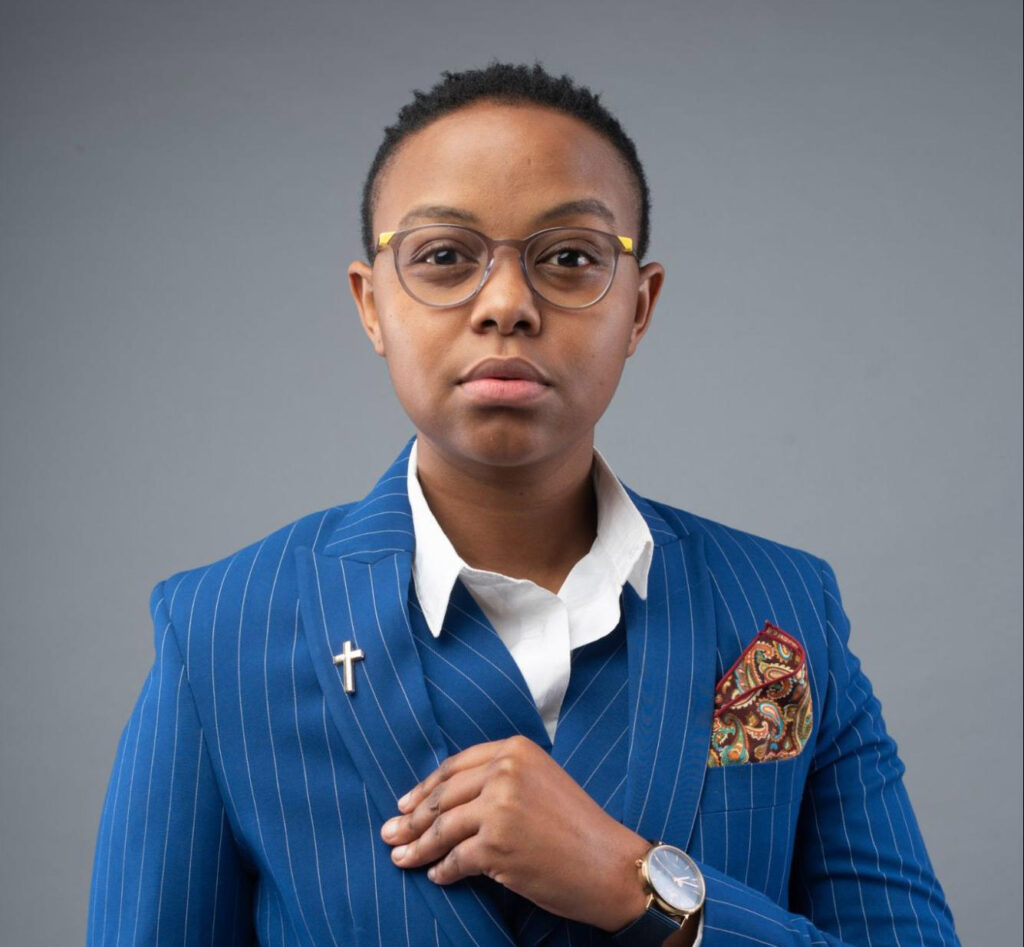
Chris Njeri Muriithi (They/Them)
Chris Njeri Muriithi is the Co-founder and Director of Training, Advocacy, and Engagement at the Queer and Allied Chamber of Commerce Africa NPC (QACC Africa). With a background in journalism, Chris has worked as a reporter across multiple media outlets in Kenya and served as a correspondent for the BBC, where they were nominated for an Emmy Award. Chris believes in the power of economic empowerment to foster lasting change for LGBTIQ+ communities and is dedicated to amplifying these stories of resilience and entrepreneurship.

Nana Millers (She/Her)
Nana Millers is an unapologetic rural transgender youth woman and trans sex worker activist with a robust background in transgender and gender-diverse advocacy. As the Founder and Executive Director of Trans Youth Initiative-Uganda, a pioneering organization led by rural transgender youth women, transgender youth sex workers, and gender-diverse individuals in Western Uganda, Nana Millers is dedicated to advancing, protecting, and promoting the rights of rural transgender and gender-diverse youth communities.
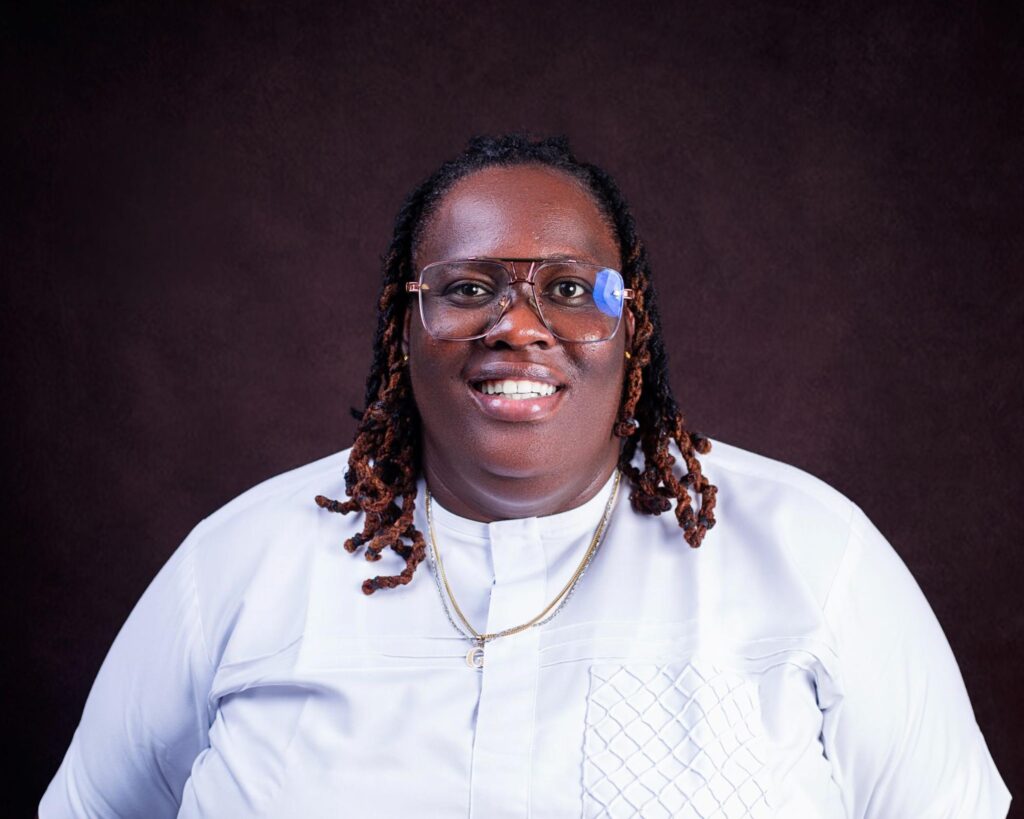
Grace Isong Akpan (She/Her)
Grace Akpan is a dedicated advocate for sexual health and rights. She serves as the Coordinator of the Economic Empowerment Pathway for the Free To Be Me (F2BM) program in Nigeria, hosted by Initiative for Gender Equality and Sexual Reproductive Health (IGE-SRH). With a rich background in Accounting Education, Business Administration, data research, and program management, Grace brings a wealth of expertise from her experience in the non-profit and technology sectors.

Dell Cumbe (He/Him)
Dell Cumbe, currently the F2BM CoA Facilitator in Maputo, is a passionate activist and experienced project manager with a degree in Environmental Management Technologies from São Paulo’s United Metropolitan Universities (FMU/SP). Dell began their career as a volunteer for Lambda’s project supporting LB women and has since risen to regional Monitoring and Evaluation Officer, managing impactful initiatives in Mozambique’s Nampula, Niassa, and Cabo Delgado provinces. He is known for leading advocacy campaigns that support inclusive public policies and empowering civil society through workshops on sexual and gender diversity.

Rye Manuzon (They/Them/Siya)
Rye Manuzon is a queer young Filipino social development worker and movement organizer. They currently work as the Executive Director of PANTAY, a duly recognized youth-led socio-political collective of young LGBTIQ+ allies and organizations in the Philippines. In their first two years as the head, Rye was able to raise almost USD 800,000 worth of projects and initiatives intended for the Filipino LGBTIQ+ community.
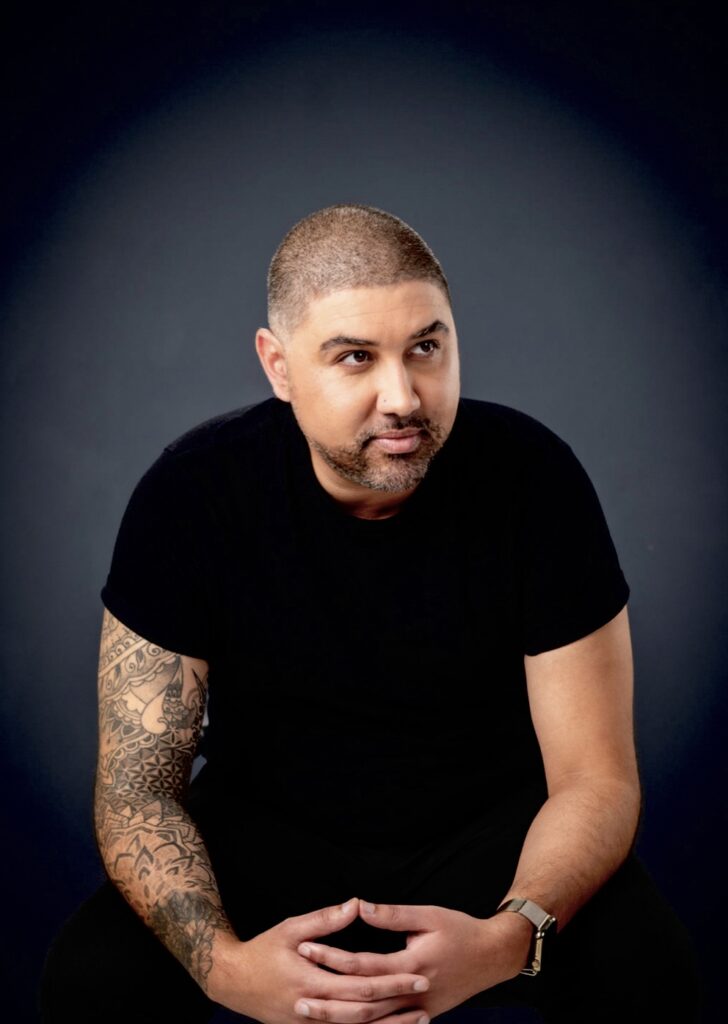
Flavian Rhode (He/Him)
With over 15 years of experience in the development sector, Flavian specializes in health and person-centred, rights-based programming. As the Executive Director of Positive Vibes Trust, a leading African queer human rights organization, Flavian has expanded the organization’s impact to Africa, the Middle East, Asia, and Central America. Notably, under his leadership, Positive Vibes Trust achieved a landmark victory in the high court of Namibia, successfully leading the decriminalization of the sodomy law. Flavian is dedicated to combating inequality, exclusion, and the marginalization of vulnerable populations. His approach emphasizes cocreation, solidarity, and innovative programming to foster social justice and human rights.

Katlego Chibamba (He/Him)
Katlego Chibamba serves as the Programme Officer at Positive Vibes, supporting LGBTIQ+ movements across 12 countries in Africa, the Middle East, and Southeast Asia. With over a decade of experience in stakeholder engagement, community mobilisation, and advocacy, he has founded impactful human rights organisations and previously worked as Project Coordinator at the University of South Africa, integrating HIV and AIDS into higher education curricula, and as a Grants Officer at The Other Foundation Trust, applying participatory grantmaking approaches.

